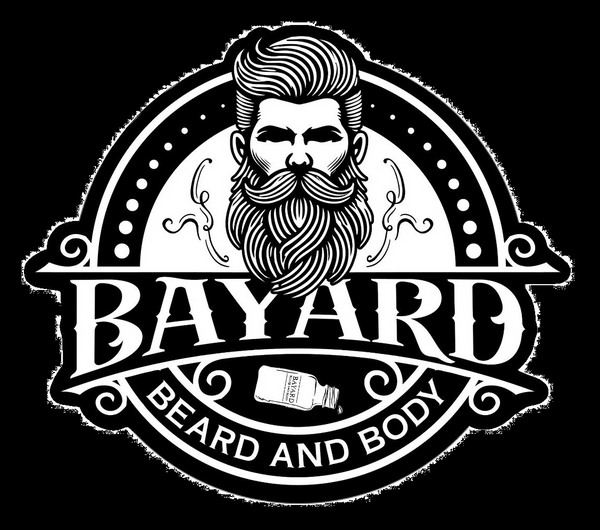
The Iconic Beards of American History: Celebrating the Facial Hair Legacies of Famous Men
Share
In the tapestry of American history, the Iconic beards of powerful men stand out as symbols of strength, character, and individuality.
Let's explore the rich legacy of facial hair among some of the most influential and revered figures in American history, each leaving behind a unique imprint on the nation's narrative. Plus they have limited resources to maintain those iconic beards.
1. Abraham Lincoln: The towering figure of Abraham Lincoln, the 16th President of the United States, is inseparable from his iconic beard. Lincoln's beard, grown at the suggestion of an 11-year-old girl, transformed his appearance and became a symbol of his wisdom, resolve, and leadership during the tumultuous era of the Civil War. It remains one of the most recognizable beards in history, embodying the strength and resilience of a nation facing unprecedented challenges.
2. Ulysses S. Grant: Another prominent figure from the Civil War era, General and later President Ulysses S. Grant, sported a full, military-style beard. Grant's beard reflected his no-nonsense approach to leadership and his unwavering commitment to preserving the Union. It became an emblem of his authority and determination on the battlefield and in the White House.
3. Walt Whitman: The celebrated poet Walt Whitman was not only known for his groundbreaking literary works but also for his distinctive beard. Whitman's beard, often portrayed in iconic photographs, symbolized his free-spirited nature, deep connection to nature, and his role as a voice of the American experience during the 19th century.
4. Mark Twain: The beloved author and humorist Mark Twain, whose real name was Samuel Clemens, sported a white mustache and goatee combination that became part of his enduring image. Twain's beard complemented his wit, irreverence, and keen observations of American society, making him a literary giant of his time and beyond.
5. Ambrose Burnside: While not as well-known for his achievements as some others on this list, General Ambrose Burnside's unique facial hair style, known as sideburns (derived from his last name), became a cultural phenomenon. Burnside's distinctive sideburns, extending from his ears down to his mustache but with a clean-shaven chin, captured the public's imagination and contributed to the evolution of facial hair fashion.
6. Henry David Thoreau: The transcendentalist thinker Henry David Thoreau, known for his philosophical writings and his experiment in simple living at Walden Pond, wore a full beard that reflected his connection to nature and his rejection of societal norms. Thoreau's beard symbolized his quest for truth, simplicity, and self-reliance, resonating with generations of readers and thinkers.
These famous American men, through their deeds and their facial hair legacies, continue to inspire and captivate us, reminding us of the diverse tapestry of history and the enduring power of individual expression. Their beards are not just strands of hair but threads woven into the fabric of American identity and heritage.
Seek out a few Iconic beards of your own, could you see yourself rocking their stylish whiskers? Grooming habits have improved drastically, so I can only imagine what they would have looked like if they had heated brushes, today's balanced beard oils, and beard balms. Grow out your own iconic beard and see how people treat you differently. I can honestly attest to getting more attention from the people I run into on a daily basis!
Speaking of iconic beards, who remembers Grizzly Adams?













